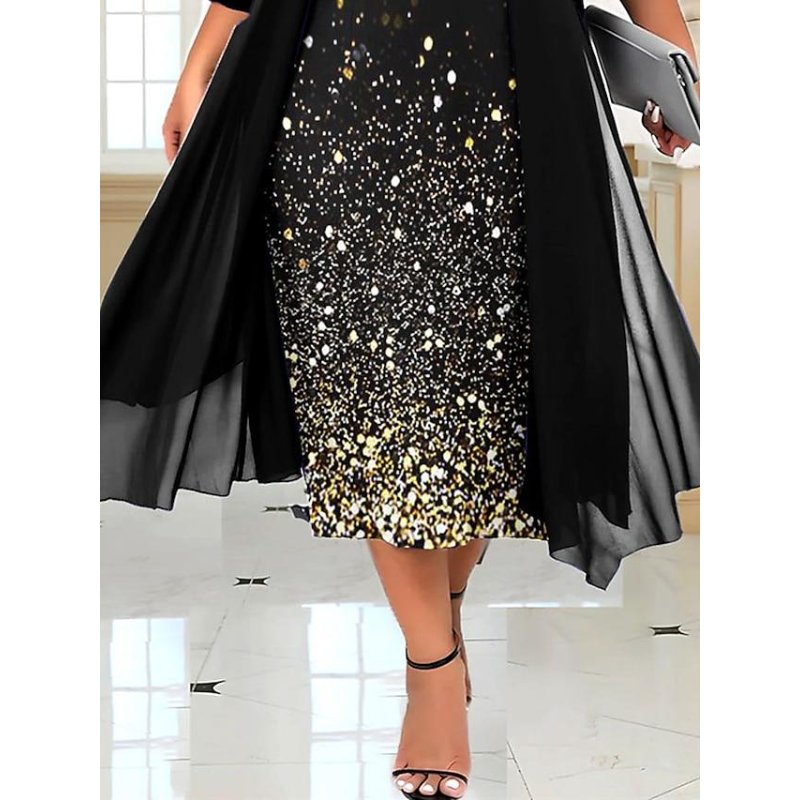Tag: clothing, fashion industry, evolution, style, trend
The ever-changing world of fashion has always been heavily influenced by clothing. From ancient times to modern days, the evolution of clothing has played a vital role in defining styles and setting trends.
Clothing is not just about covering ourselves; it holds significant cultural and social significance. As humans evolved from being hunter-gatherers to settling down in communities, the need for clothing arose as a means of protection against environmental elements. However, with time, it also became a way to express one’s identity and status within society.
Through history, we can see how different cultures developed their unique styles of clothing based on climate conditions and available resources. For example, traditional Japanese garments like kimono are designed to keep the body cool during hot summers while providing warmth during colder seasons.
As societies grew more interconnected through trade routes and colonization movements, the exchange of ideas also brought about changes in clothing styles worldwide. This led to the birth of fashion industries that catered to people’s desire for new trends and variety in their wardrobe.
In recent years with globalization and advancements in technology such as e-commerce platforms allowing easy access to international markets,, the influence of clothing has expanded even further. People now have access to all kinds of apparel from around the world at their fingertips – creating a global melting pot for fashion inspiration.
The rise of fast-fashion brands has made it possible for consumers to stay up-to-date with ever-changing trends without breaking the bank. However,it comes at an environmental cost as these companies promote excessive consumption resulting in textile waste pollution.
Thankfully there is also growing awareness towards sustainable fashion practices that consider both environmental impact and ethical production methods. Consumers are becoming more conscious about making responsible choices when it comes to purchasing clothes – opting for quality over quantity,and supporting eco-friendly brands that use recycled materials or employ fair labor practices.
The evolution of clothing and its impact on the fashion industry is undeniable. It has not only shaped our style choices but also reflects the cultural, social, and economic changes over time. As we move towards a more sustainable future, it is crucial to appreciate the significance of clothing beyond just being material possessions and make responsible decisions to support a better fashion industry for all.

